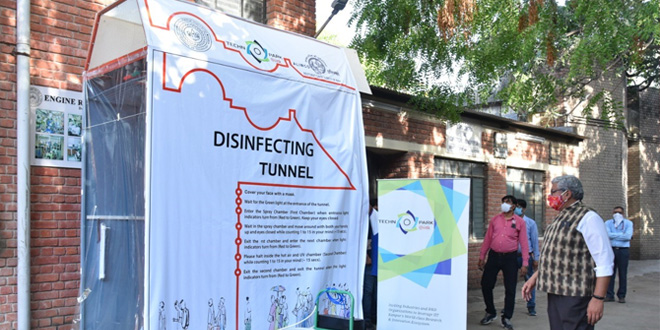Observing that a 14-year-old child cannot be treated as “chattel”, the Supreme Court has set aside an order of the Orissa High Court allowing the biological father of a girl her custody, saying she was living happily with her paternal aunt.
The top court, while hearing an appeal by the paternal aunt (father’s sister) against the high court order, said the stability of a child is of “paramount importance”.
It noted that the child, born in March 2014, has been living with the sister of her biological father since she was around three months old.
“It is not a case in which any of the parties is claiming adoption which otherwise is not permissible under Mohammedan law. Guardianship is also not being claimed. It is only the dispute regarding custody of the child,” a bench of Justices CT Ravikumar and Rajesh Bindal said.
In the judgment pronounced on Monday, the bench said it interacted with the child, who said she was happy living with the present family and that she did not wish to be “destabilised”.
The Supreme Court noted that when the child’s custody was given to the man’s sister, she was unmarried, but now she has two children.
This, however, was not a deterrent to the court’s verdict as the child categorically voiced her desire to continue living with her aunt.
“Keeping in view her age at present, she is capable of forming an opinion in that regard… She cannot be treated as a chattel at the age of 14 years to hand over her custody to respondent No 2 (biological father) where she has not lived ever since her birth. The stability of the child is also of paramount consideration,” the Supreme Court said.
The mother of the girl had given birth to twins in 2014. While the couple kept one of the two babies with them, they handed over the girl to her maternal grandmother for raising her. The maternal grandmother kept her for three months before handing her over to her aunt with whom she was living until the Odisha High Court order.
Source Link



